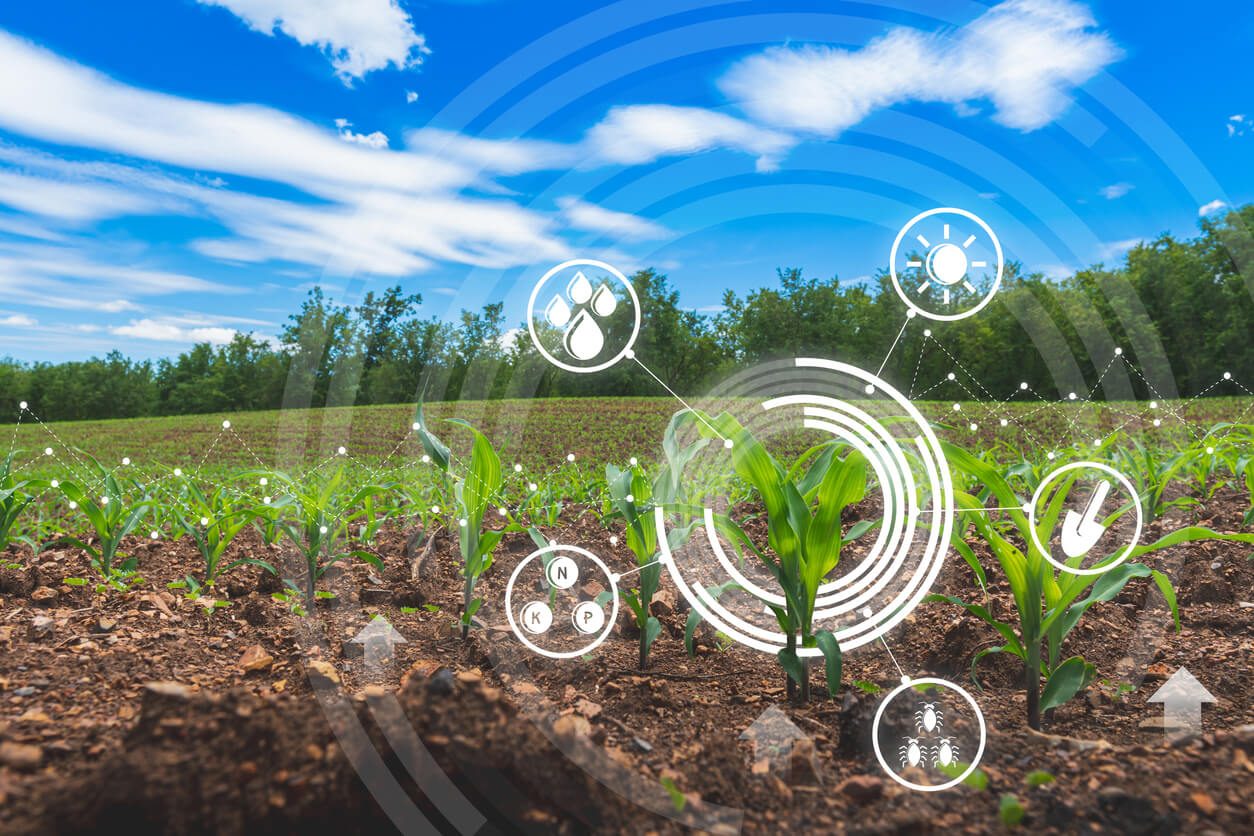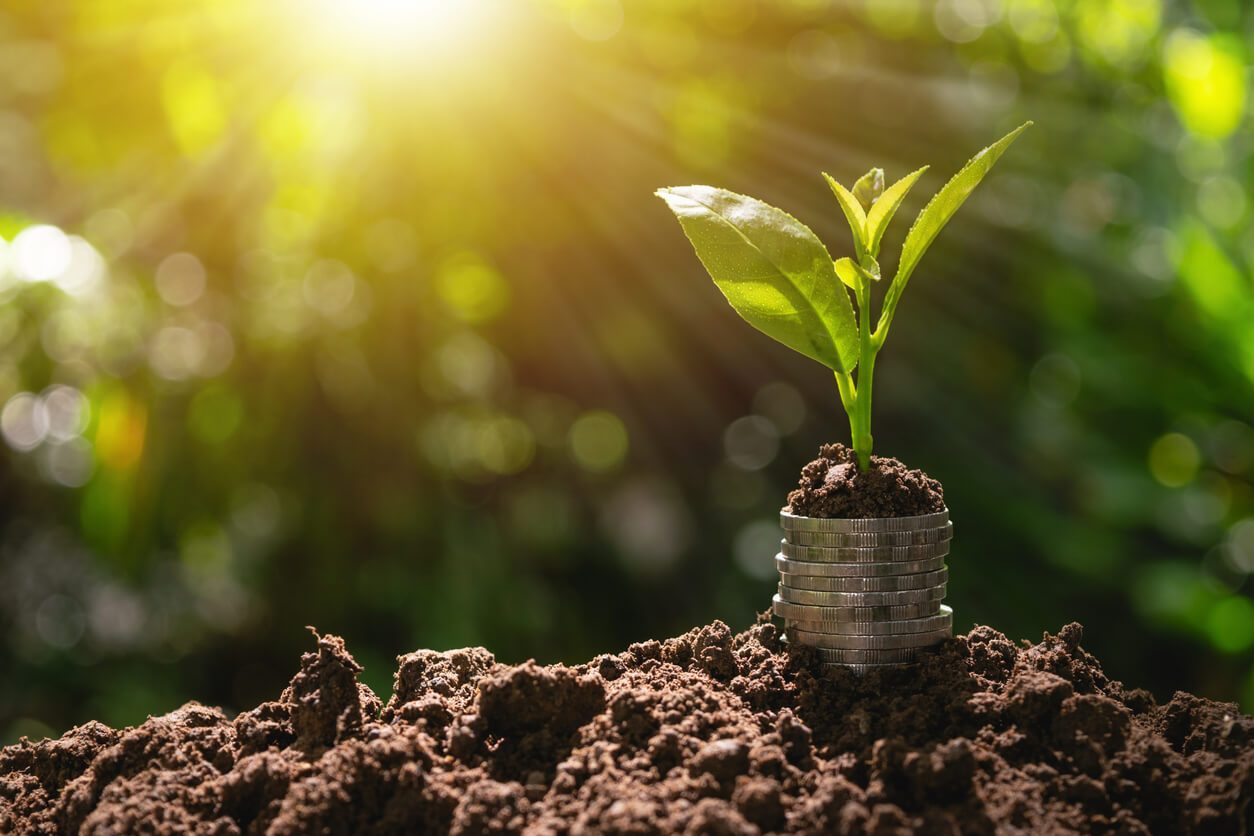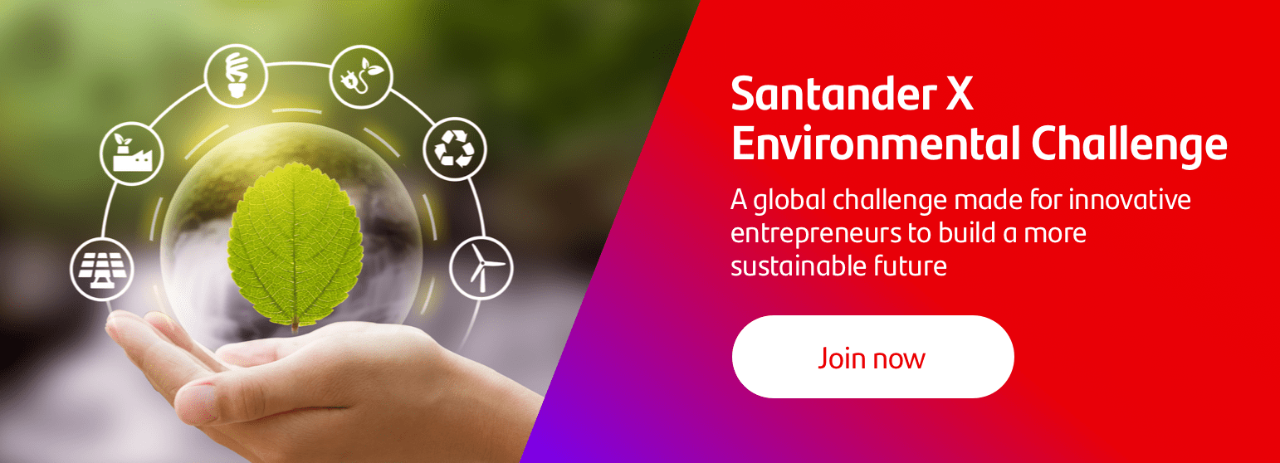Entrepreneurship and innovation: investing in sustainable infrastructure to "build back better", support a green economic recovery, stimulate creativity and support innovation and entrepreneurial development
Imagine a Rubik's Cube in representation of the riddle facing us in the coming decades. On the six faces of this complex cube are the economy, public debt, green investment, climate change, mental health and well-being, and sustainability. The main task for governments, companies, politicians, banks and investors is to solve the Rubik's Cube, which, in this case, represents the post COVID-19 recovery.
The post COVID-19 recovery entails solving the riddle
With the effects of the COVID-19 pandemic still here, we should all go for a greener and more resilient recovery to build a more sustainable future through entrepreneurship, creativity and innovation. With global COVID-19 support reaching $24 trillion during 2020, global government debt running at over $281 trillion and growing rates of unemployment, it comes down to all of us to find ways to solve this Rubik's Cube.
There is only one way out of this new economic and humanitarian crisis: the green economy. Economic growth should be directly linked to tackling climate change while meeting carbon emission targets, a challenge that is vital to take on. Governments and organisations have a unique chance to launch green fiscal initiatives that can sustainably stimulate the economic recovery.
Right now, this should take advantage of low interest rates to increase public investment focussed on sustainable and quality low-carbon, climate resilient infrastructure, including transport, communications, energy, safe water and sanitation, and digital technology. With a necessary investment in infrastructure estimated $3.7 trillion per year to 2040, there is plenty to play for.

Investing in green entrepreneurship to drive the economic recovery and tackle climate change
To mobilise an economic recovery focused on sustainability, it is essential to unlock the various sources of green financing, including loans, green bonds and other green investments, designed specifically to support green projects.
The EU's European Green Deal Investment Plan is creating a framework for private investors and the public sector to help identify, structure and execute sustainable projects. Moreover, some €1 trillion is provided for sustainable investment over the next 10 years.
Meanwhile, the use of green bonds issued by governments, corporations, financial institutions and businesses to finance environmental projects will reach $2.36 trillion by 2023. Banks are also issuing green bonds and loans to small and medium enterprises and entrepreneurs who develop projects focussed on environmental, social and governance (ESG) solutions and the Sustainable Development Goals of the UN's Agenda 2030 (SDG).
Despite the COVID-19 pandemic hitting hard all-round, it has accelerated certain trends to curb climate change, for example, the move away from fossil fuels and a preference for renewable and digital assets. The value and volume of transactions related to renewable energy sources - such as solar power, onshore and offshore wind, hydroelectric and biomass power - increased significantly during 2020.
The International Energy Agency (IEA) forecasts that renewable energies will cover 80% of the growth in global electricity demand in the coming decades, exceeding coal as the main source of electricity by 2025. This forecast has driven the demand for clean energy, electric vehicles and more powerful batteries, and the generation of biomass electricity from waste, channelling innovation into zero-emission projects and increasing the need for new technologies.

Sustainable mobility, connectivity and artificial intelligence
The roll out of electric vehicles and the transition to a cleaner transport model for buses, trains and air travel are initiatives that foster sustainable mobility and reduce the amount of carbon emissions in the tourism sector, while providing the necessary logistics for people, products and services to continue to grow the economy.
Meanwhile, the need for a broadband internet network and cutting-edge digital technology has become clearer than even throughout the pandemic. Connectivity, creativity, innovation and the entrepreneurial spirit are going to prove vital to building a technological ecosystem that offers access to artificial intelligence, including intelligent buildings, supply chains, power grids and automated transport systems.
The US, China and the EU join the transition to a green economy
The US is planning to rejoin the Paris Agreement and invest $400bn on clean technology and innovation over the coming 10 years. Meanwhile, China is aiming to be carbon neutral by the year 2060, closely aligning itself with the policies of the European Union, the UK and other countries that have committed to carbon neutrality by 2050.
All of this clearly points to the future of the economy - and the planet itself - undergoing a green economic transition, hence fostering the entrepreneurial spirit and innovation in exciting new sectors is part of the roadmap for economic and humanitarian recovery, something that will undoubtedly help to solve the Rubik's Cube created by COVID-19.
To contribute to this economic recovery and to rebuild a more sustainable future, Banco Santander launches the global Santander X Environmental Challenge, which seeks the participation of sustainable and innovative businesses that have a positive impact on the environment or on society.
If you are an entrepreneur concerned about the planet's future and you've got a project that creates social impact, Santander X Environmental Challenge will help you to advance it even more. To participate in the challenge, you must have a turnover of between €200,000 and €5,000,000, and your solution should fit into one of these two categories:
Be Sustainable: for projects that promote green financing and investment. How does your sustainable investment and financing solution attract people and investors who are looking to support economic activities with a positive environmental impact? How does your solution assist investors or financial institutions in helping companies to take the initiative in the green transition towards a low-carbon economy?
Be Mindful: for projects that help to raise awareness about the importance of reducing our environmental footprint. How does your solution help people and businesses, including their supply chain, measure their environmental footprint? How do you provide solutions that facilitate the reinvention of companies and industries so as to reduce their environmental impact and favour biodiversity?
Do you have a solution with the means to generate a positive environmental impact? If so, join in the global Santander X Environmental Challenge. The winners will each receive €20,000 to continue to advance their projects, with access to mentoring from leading experts in the Santander X Community, and gaining network visibility thanks to publicity campaigns for their projects. If you meet the requirements, sign up and make the most of the opportunity!

Gerry Jennings is a business advisor with over 35 years of experience in the private debt and private equity markets, including infrastructure, leverage and mezzanine finance, private equity and fund of funds strategies with investment banks and global asset management institutions. He also holds an MBA and a Professional Certificate in Coaching (PCiC) from Henley Business School.
He has successfully stablished and grown businesses in the alternative private debt markets, has been responsible for creating and implementing a fund management strategy for institutional clients, generating new private debt investments, and recruiting high calibre individuals who support growth initiatives.
He has a successful background in raising third party institutional capital from a global client base, including pension funds and insurance clients with a comprehensive network of market contacts.
Besides all of this, he is very interested in education, coaching and mentoring to help individuals develop and grow to improve their performance and effectiveness both in the workplace and in a personal capacity.


